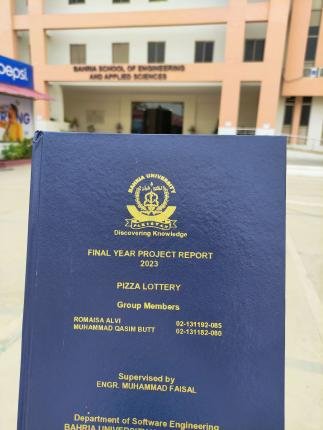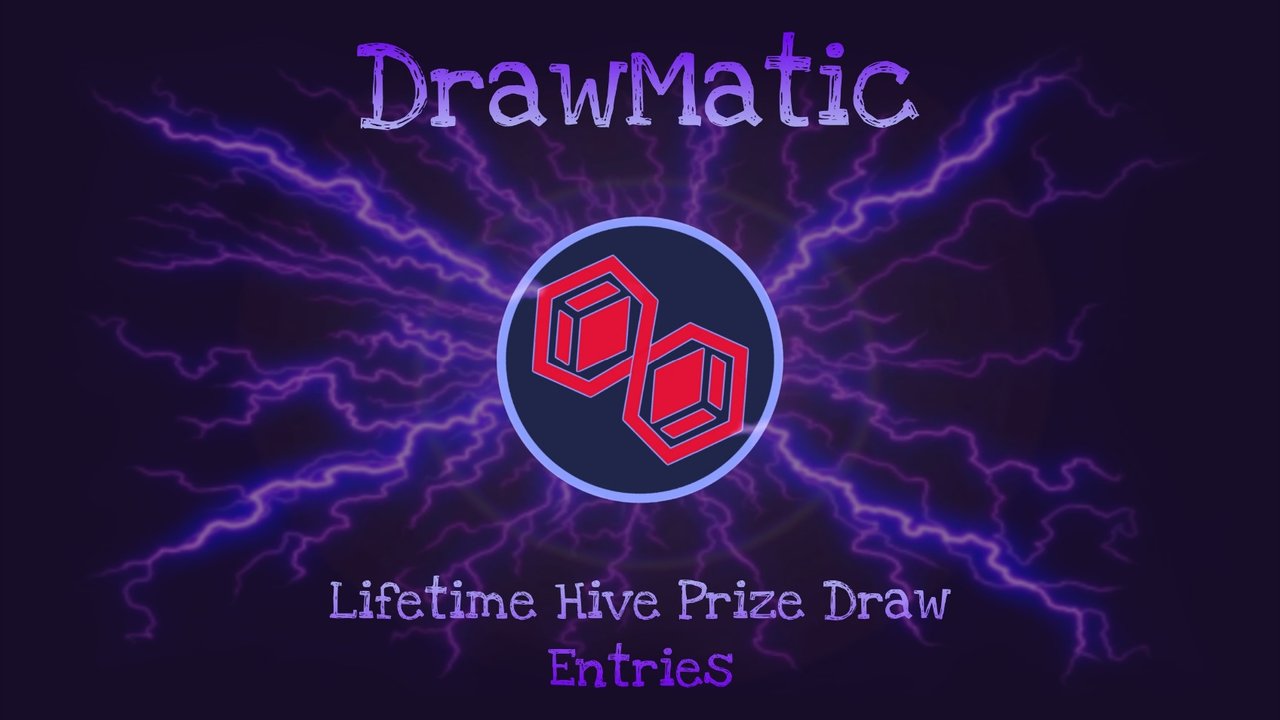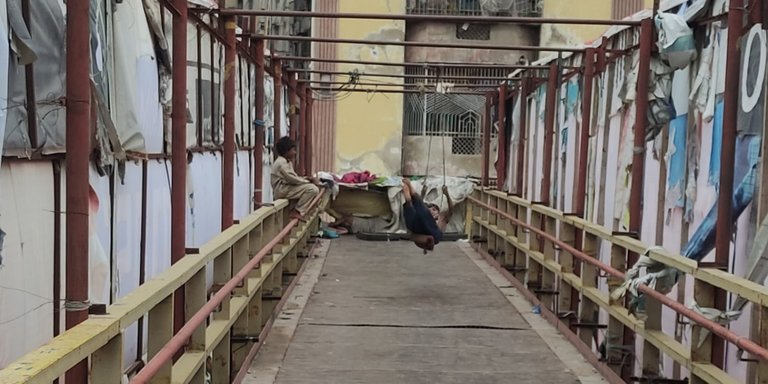Ethical Alternatives to Gambling
Recently, some of my friends suggested I write about the legalization of casinos in Pakistan. However, as an Islamic country where sovereignty belongs to Almighty Allah, the idea of a “Halal Casino” is inherently contradictory. So why did I consider writing about it? Maybe I got carried away with my endless blogging, or perhaps I wanted to explore ethical, non-gambling-based financial models.
This topic aligns with my personal experiences and technical expertise, particularly in alternative wealth distribution models. That’s why I feel qualified to share my thoughts on it.

A Lottery Without Loss
In 2019, I wrote in my business ideas diary: Success starts with the vision of success. At the time, I had no idea that one of my early concepts would eventually materialize, but in an unexpected way.
One of my earliest ideas was a lottery system where users could receive a daily lottery ticket without spending money, simply by logging in. The prize pool would grow through ad revenues, making it self-sustaining. Back then, I didn’t fully grasp the difference between an idea and execution.
Later, for my final year project (FYP), I worked on Pizza Lottery, a blockchain-based system where users could win pizza tokens and claim rewards through a grid-based mechanism. It was inspired by the Million Dollar Homepage project.
However, this wasn’t gambling, it was about gamification, incentives, and fair wealth distribution.
The Bigger Picture: A Bond That Never Expires
Casinos exploit human psychology through high-risk, high-reward mechanics. However, blockchain-based models introduce ethical alternatives, such as no-loss lotteries and reward-based engagement.

On Hive Blockchain
I realized I couldn't launch Pizza Lottery on Hive or extend it to all Tribe Tokens. The idea was great but required significant capital to start.
I discussed it with @yaziris to see if he could launch something similar. Neither of us liked the original design as it was too complex and theoretical. So, Yaziris simplified the concept and created @Drawmatic, which serves a similar purpose but in a more practical way.
Now, I use Drawmatic as an alternative to SBI for gifting others.
A Shariah-Compliant Wealth-Building Bond in Pakistan
Imagine a financial system where your money stays yours while generating returns. A system that’s accessible to everyone, even those with low income, helping them achieve financial stability without risk.
How It Works
Participants pool their money, but their principal remains untouched.
Funds are reinvested into Shariah-compliant businesses and projects.
Profits are periodically distributed to random bond holders.
The entry cost starts as low as 1 PKR (~$0.0036).

Helping the Underprivileged
People with little to no savings can invest small amounts and still grow financially. For example, a taxi driver renting a car can access interest-free Shariah loans to own their vehicle over time. Renters can gradually buy their homes instead of paying rent forever.
A Fair & Sustainable Model
Unlike lotteries, this system ensures no one loses their money. Investments grow, and returns are fairly distributed, giving everyone a chance to improve their financial standing while contributing to society. This not only empowers individuals but also strengthens the economy, providing a sustainable and Shariah-compliant path to wealth.
Would such a model be viable in Pakistan? That’s a discussion worth having.

Affiliate Disclosure
Join Binance through THIS LINK for 10% off trading fees! Let's save together!

Since you told me about the system, I found it very interesting and the truth is, you already know that I have put a bit of hive into it. I see it as very interesting and as something with a good future, I hope that many more people become interested and see the great opportunities they have to win. I testify that I have won and continue to win many times 😀
I remember our conversation on HL shows. :)
Thanks for commenting and sorry for the late reply.
Remarks by Author: I feel like I haven’t done justice to this topic. It has been on my mind for the past nine days, and I kept writing about it. I made several edits, and at one point, the word count became too high. Later, I felt that not all those details were necessary. Now, I’m wondering if I didn’t explain the bond model clearly enough for readers to understand. I got stuck in the cycle of trying to make this blog perfect, so out of frustration, I just published without further changes.